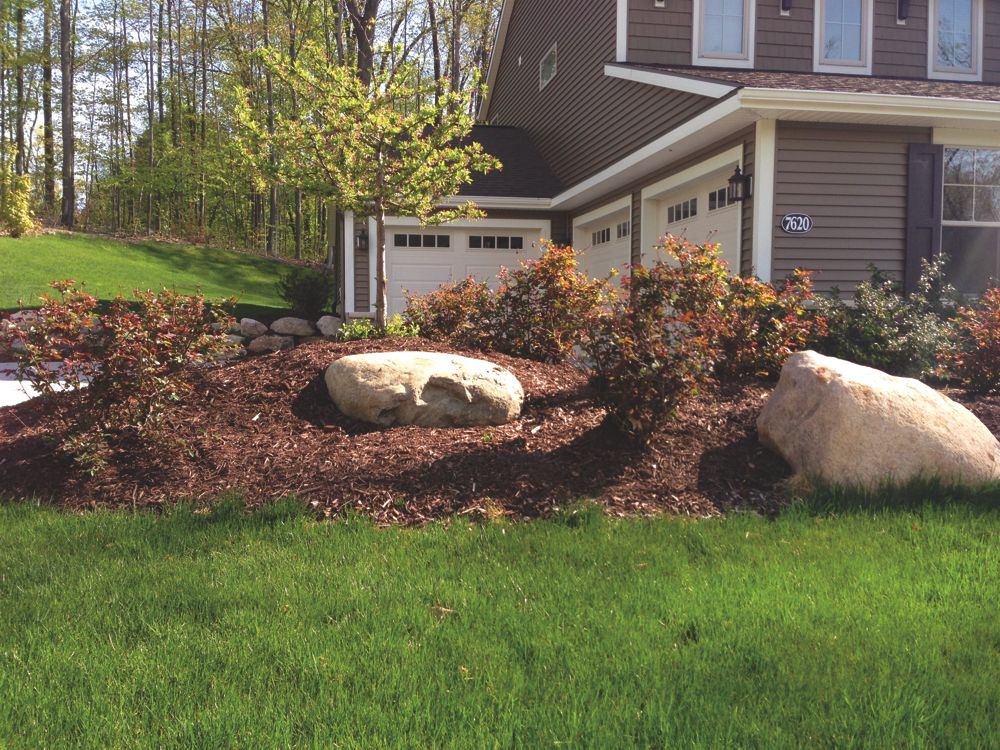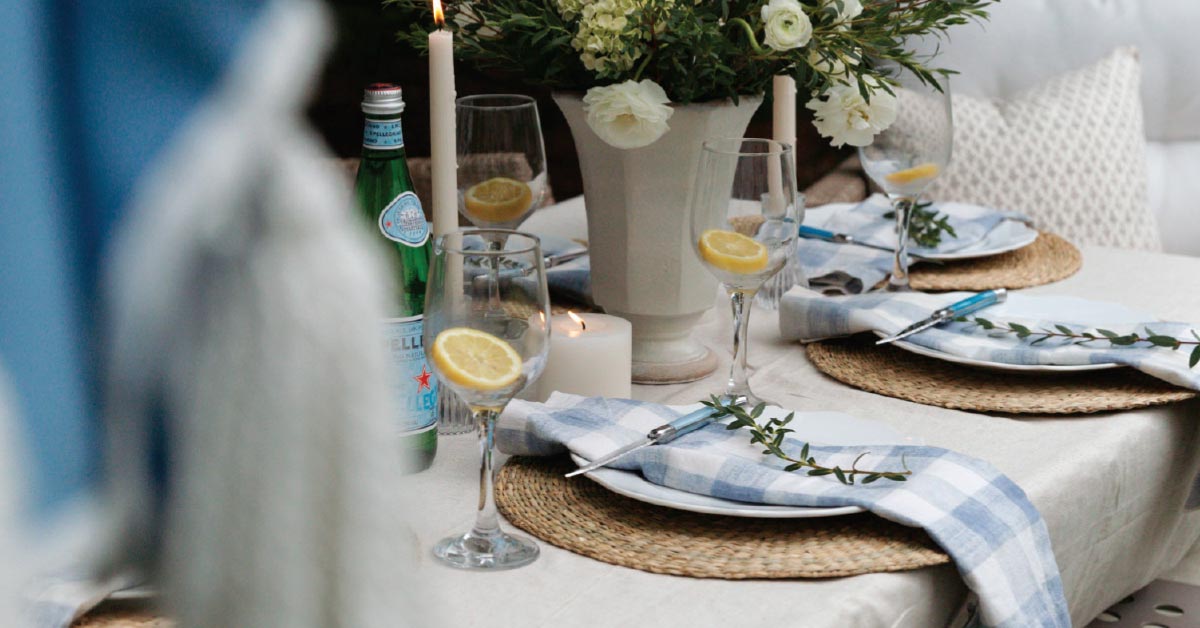If you want to enjoy your outdoor space with minimal work, you’re not alone. The number one landscaping trend this year is rooted in low-maintenance, high-hardiness plants. But maintaining a beautiful, albeit undemanding, property takes initial planning. That’s where professionals Kim Blanchard of Knapp Valley Gardens, Dan Monsma of Monsma Landscape & Maintenance, and Kathy Warner of Harder & Warner Landscaping and Garden Center come in.
Begin by prioritizing your landscape based on what areas of the yard are most important to you. For most people, curb appeal is at the top of the list. “The three magic words are ‘show me more,’” Monsma said. “If people say ‘I wonder what’s beyond that bend or behind that hedge,’ then you’ve got their interest.” Stage planting is another hot trend, not to mention an economical one. Landscaping an entire property could get pricey, but planting in stages over time helps soften the blow.
More families are spending time at home during vacations or on pleasant summer evenings. Make your yard a landscaped retreat by space planning based on how your family uses the yard. This could mean waiting a year to see how the space is used, Monsma said. “How do the kids run around? What shortcuts do you use? Do you have a fence? Do you need security?” These are all things to consider when space planning your property.
Planters looking for low-maintenance landscaping and upkeep will love local varieties of plants such as dogwood, white pine, paper birch, lavender, lily, allium, and sedum. Take a look at a forest, field, or beach, near you. The plants growing there will be a good indication of what will grow well in your yard. Also take into account the type of ground your home sits on. Is it black soil? Sand? Clay? Gravel? Each of these holds water differently, and will dictate what plants thrive based on how much water each plant needs.
Don’t forget to factor in the wildlife living on and around your property. West Michigan is notorious for its deer population, and deer tend to enjoy landscaped yards as much as humans—but for different reasons. Blanchard suggests boxwoods for their hardiness and resistance to deer. “They’re pretty much foolproof,” she said.
Even the most zealous DIY homeowners could benefit from professional expertise, if for nothing else than moral support. “We’re a community of resourceful do-it-yourselfers. People love doing it themselves, and that’s great,” Monsma said. “I tell people if they want to do it themselves, I can provide them with a road map.”
Click here to read more in the June issue of West Michigan Woman!
Written by: Erika Fifelski, West Michigan Woman staff writer




